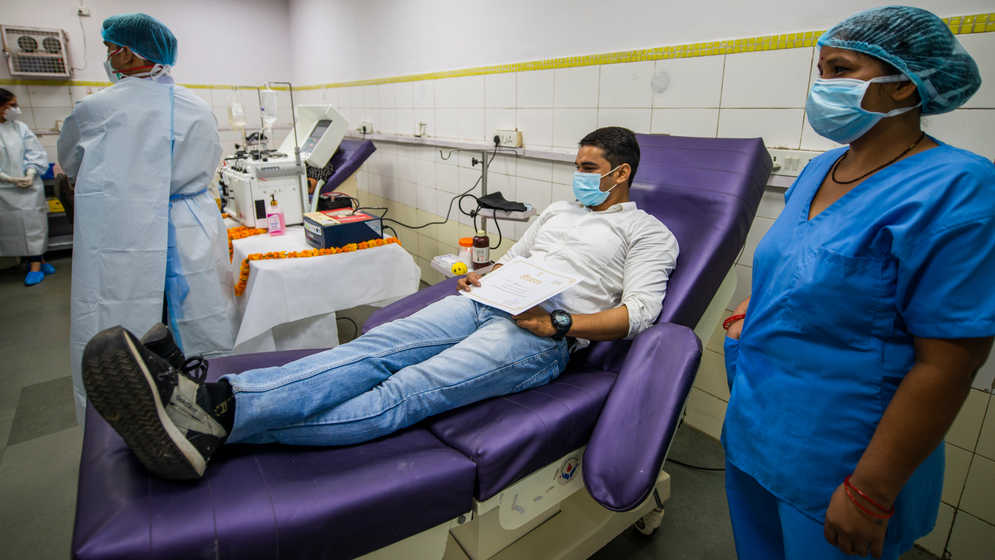The Covid-19 outbreak in India has bared gaps in public health and the healthcare system. This is borne by revelations that the private hospital bills of insured Covid-19 patients who have not taken a virus-specific policy now include “non-medical” expenses such as the cost of personal protective equipment, face masks, gloves and hand sanitizers — expenditure that is not covered by insurance agencies. Even at the best of times, treatment at private hospitals is too costly for a vast section of the Indian population. It is, however, a matter of great concern when healthcare — the accessibility and affordability of which ought not to be compromised at the time of a pandemic — is being effectively put out of the reach of even those citizens who can, in fact, afford medical insurance. Insurance companies have cut a sorry figure for themselves during the pandemic; there have been reports of insurers refusing to extend coverage to healthcare workers after the coronavirus outbreak, so much so that the Insurance Regulatory and Development Authority of India had to intervene. Given the ever-mutating nature of the illness, it stands to reason that healthcare policies designed to combat it must take into account the need for flexibility in both treatment and insurance plans. This, however, has evidently not come to pass. The IRDAI must ascertain whether profit continues to be the overriding motivator in the process of insurance policy-making. Worryingly, exclusion seems to be embedded in other institutional responses to the crisis. Take the case of the notification issued by the West Bengal Clinical Establishment Regulatory Commission: it says that even though private hospitals must grant provisional admission to Covid patients who are unable to make the advance payment of Rs 50,000, healthcare institutes would reserve the right to cancel the admission if the sum is not deposited within 12 hours. There is, admittedly, another side of the problem. Patients’ refusal to pay has forced a number of hospitals to introduce stringent measures in order to recover the costs of treatment. The net result — unsurprisingly — is a severe trust deficit between hospital authorities and patients.
Given the complexity of the problem — it involves questions of patients’ rights to treatment, an inclusive healthcare apparatus as well as financial viability of healthcare hospitals — India would do well to study international models for universal healthcare that strike the right balance among these imperatives. The model for India, however, will have to take into account conditions specific to India: poverty, a poor people to hospital ratio, burgeoning population and so on. Deliberations on the formulation of an equitable, universal health programme must be representative and fully transparent.











